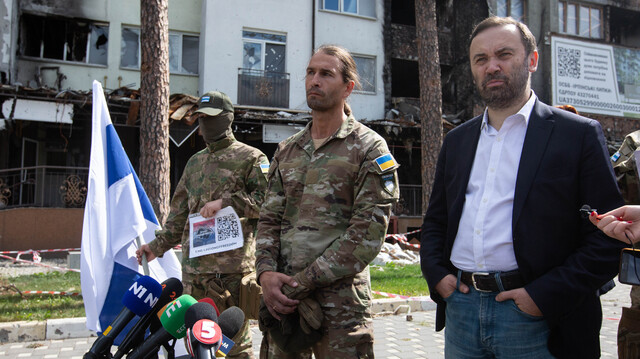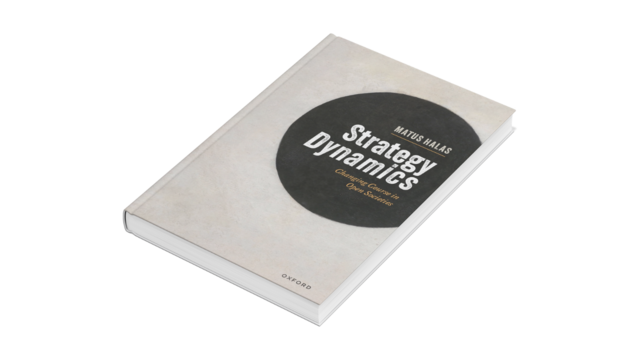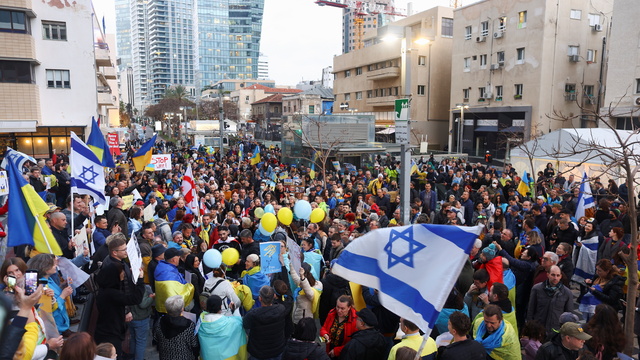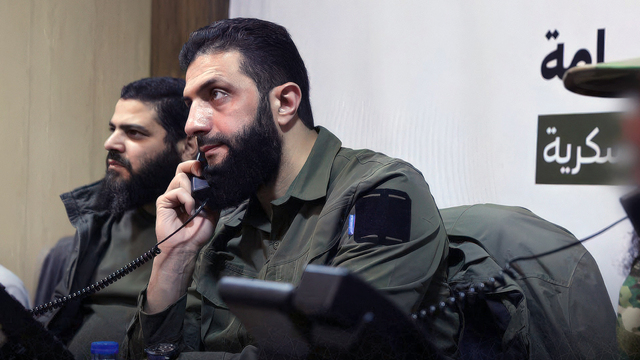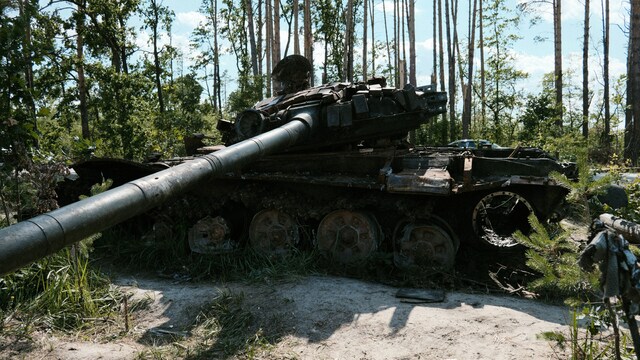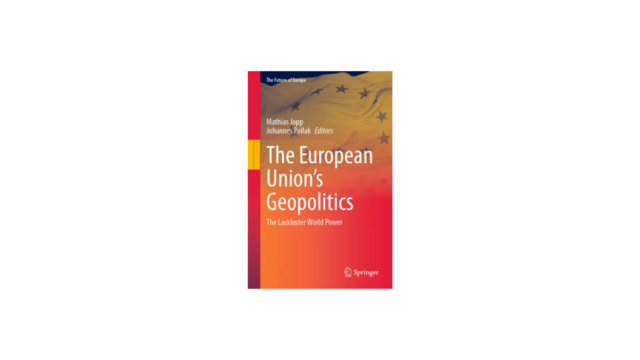Russian Orthodox Church as a Source of Soft Power
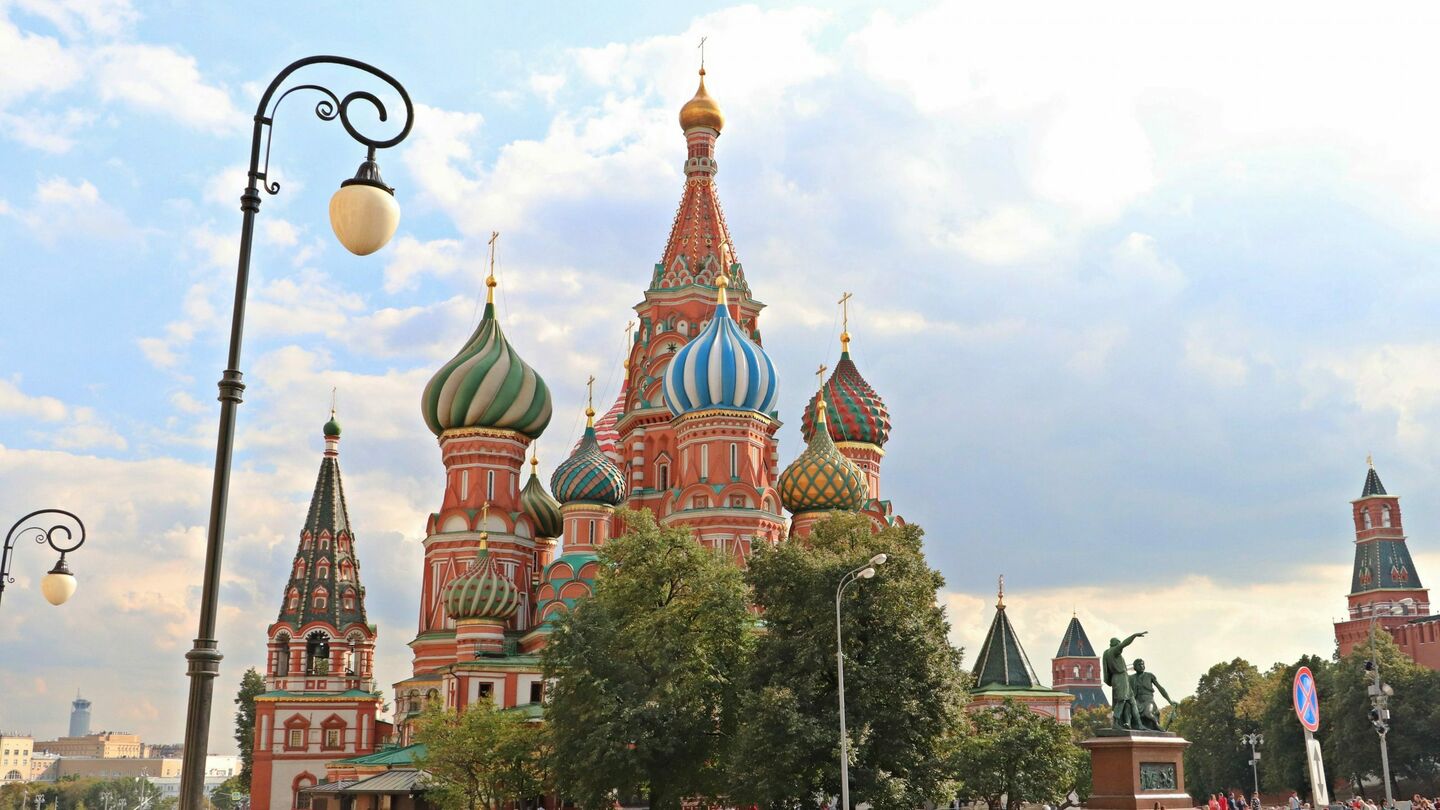
Russian Orthodox Church is at the time the biggest nongovernmental organization in the Russian Federation, a center of the Orthodox faith and therefore a substantial source of the soft power in the Russian Federation. Alongside its conservative values, Orthodox Church tends to promote the “dialogue of civilizations” between the West and Russian-Slavic-Eurasian cultural space, refusing the globalization ideas along with the spreading of the Western (notably American) values and norms as universal values.
This approach can be likened to the insecurities of Muslim communities: a society, which emphasises the primacy of an individual over the interest of the group and state, economic capitalism and secularism, the separation of the Church from the state is feared, while the ideas of the “Eastern society”, mostly linked with the perception of the Church as the key to the preservation of the state, communities, and culture, are seen as the unique and pure, not corrupted as the Western society. There is also a necessity of strong ruling institution, capable of defending the society against destructive ideas and values, as opposed to the Western individualism – this role is often linked with the Orthodox Church, perceived as a defender of “Russian soul and ideal”.
The soft power diplomatic role of the Russian Orthodox Church can be seen also on cases of repairing or strengthening the relations with other states. A prominent example is a dialogue with the Georgian Orthodox Church – after the 2008 Russo-Georgian War, the relationship between the countries was stained. Partially in response to this, Georgia developed its own path, following the Euro-Atlantic integration (Gvosdev, Marsh 2014 p. 177-178). The mission of the Russian Orthodox Church was to support the strengthening of the links between Georgia and Russian Federation and to highlight the voice of Georgian Orthodox Church, which is seen as the rising political power and the main political opposition to the current pro-Western tendencies, such as minority rights, liberal democracy development or social and political pluralism.
Similar is the role of the Church in the process of bringing Serbia closer to the Russian Federation – religion plays an important role, along with the cult of the leader. Serbia, which is a candidate country for the membership in the European Union, but refuses talks about the future membership in NATO, alongside the fact that the country is in a difficult economic situation, predominantly of Orthodox faith and Slavic, is an obvious target of Russian interests and propaganda. The aim of the Orthodox Church is to create an atmosphere of “traditional Slavic-Orthodox brotherhood”, which makes it easier for the Russia to interfere in the internal affairs of Serbia. Russian Orthodox Church is becoming more and more dominant over the Serbian branch to the point when it openly promotes the supporters of the Slavic-Orthodox brotherhood, such as Leonid Reshetnikov, director of the Russian Institute for Strategic Studies’ Serbian branch, who is “… a propagator of the organic unity of church and state, and spokesperson of an adjusted version of Huntington’s idea that “Orthodox civilization” is the counterweight to the West”. Among other factors, this influence of the Church is one of the major features of the strengthening of Serbian-Russian relations in the terms of the use of soft power.
The outcomes of the said working group of the Ministry of Foreign Affairs and Russian Orthodox Church included the possibility for the Orthodox Church to “lobby the Russian government for support of its interests overseas” – this promise was responsible for the complications in relations between Russia and other countries, notably Estonia, when Kremlin, following the promise, imposed economic sanctions on Estonia for not registering the local branch of Russian Orthodox Church. This act shows how important the Russian Orthodox Church is for the Russian government – it even risks to temporary worsen the relations in order to remain on good terms with the Church. On the other hand, long-term profits for the Russian soft power tools are also present – establishing the source of soft power in another state is a promise of future diplomatic power in relations with said country.
An important issue, linked with the arguments from both Russian government and Orthodox Church, are the “anti-gay propaganda” laws and positions. This “… homophobic legislation introduced last year is being used to restrict the rights to freedom of expression and assembly of lesbian, gay, bisexual, transgender, and intersex people and has already encouraged homophobic violence across Russia”. The Orthodox Church plays the role of moral guide in the countries with Orthodox population, spreading the ideas promoting the traditional, anti-LGBT values, which are in contrast with the liberal approach of the Western societies. In this fight, the Church is aided by the Russian government, which, according to the words of Vladimir Putin, realizes that “many Euro-Atlantic countries have moved away from their roots, including Christian values. Policies are being pursued that place on the same level a multi-child family and a same-sex partnership, a faith in God and a belief in Satan”.
This collaboration between the Church and the government peaked at the point when the “anti-gay propaganda” law was introduced in Russia, approved by the Russian parliament unanimously and signed by the President Vladimir Putin in June 2013. This law has as its goals the protection of the children from the information about “homosexual lifestyle”, “protection of the believers’ religious feelings” and the creation of “the right to be protected from the homosexual propaganda". The penalty for the perpetrators of the law is mostly compulsory community service.
Despite the criticism, one of the main goals of such legislature is fulfilled – creation of the visible alternative to the Western values of the European countries (that are, by "… their aggressive promotion of the sexual minorities’ rights, attempting to enforce on other countries an alien view of homosexuality and same-sex marriages as a norm of life and some kind of a natural social phenomenon that deserves support at the state level"), promoting the traditional way of living and thus creating attractive concept for the advocates of traditional values that are drawn to the sphere of influence of the Russian soft power. This is the case of (notably, not only) Kyrgyzstan, which presented its own gay propaganda ban in 2014, which, having a strong resemblance to the Russian law, imposes even harsher punishment – “…including prison sentences and fines for expressing positive attitudes toward the LGBT community”.
In sum, the dichotomy “corrupted West” and “moral, cultural Russian values” is a source for anyone willing to criticize the Western values and lifestyle. Russian propaganda is creating a rich source of arguments usable against the Western countries and it sneaks in the comparison between “us and them”, making itself the exact opposite of the criticized misdemeanors. These arguments are used on social media, “alternative news” websites, newspapers and magazines, pro-Russian TV channels and radio stations, politicians and political activists, NGOs etc., who spread the narrative along with the Russian “anti-soft power” – an opposition to almost everything the West stands for.
About the author:
Slavomír Lalík, PhD student, Faculty of Social and Economic Sciences, Comenius University in Bratislava
